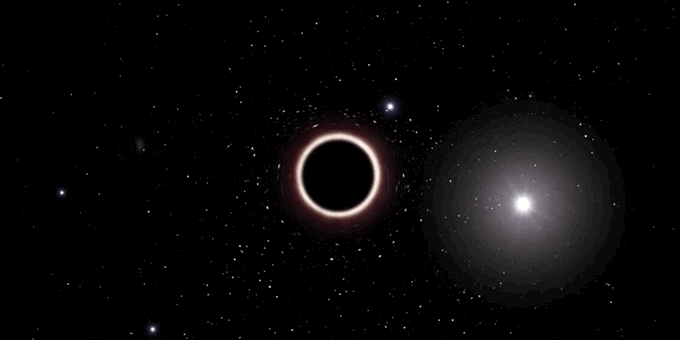Black holes are the dark remnants of collapsed stars, regions of space cut off from the rest of the universe. If something falls into a black hole, it can never come back out. Not even light can escape, meaning black holes are invisible even with powerful telescopes. Yet physicists know black holes exist because they’re consistent with time-tested theories, and because astronomers have observed how matter behaves just outside a black hole.
Naturally, science fiction loves such an enigmatic entity. Black holes have played starring roles in popular books, movies and television shows, from “Star Trek” and “Doctor Who” to the 2014 blockbuster “Interstellar.”
But black holes aren’t quite as menacing as they are commonly portrayed. “They definitely do not suck,” says Daryl Haggard, an astrophysicist at McGill University in Montreal. “A black hole just sits there, passively. Things can fall onto it, just as meteors can fall to Earth, but it doesn’t pull stuff in.”
